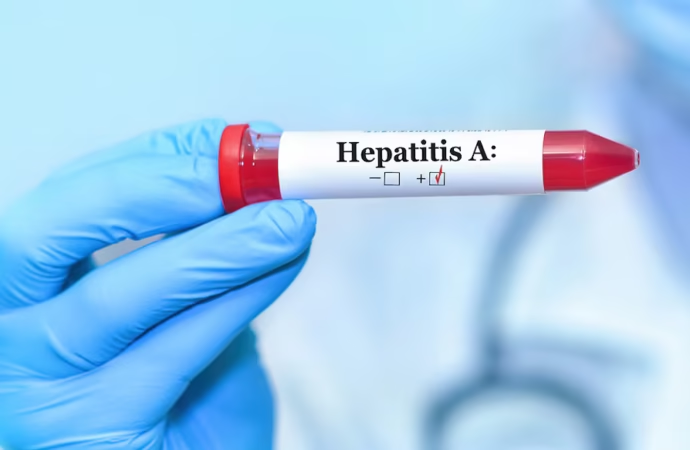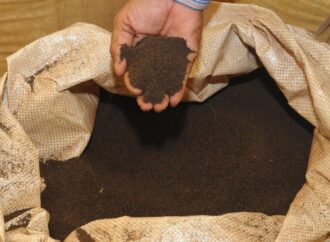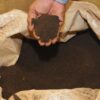Key Development
Jaundice cases have recently surfaced in several schools and wards across Chapparappadavu Panchayat in Kannur, prompting local authorities to launch a focused action plan to contain the outbreak. The plan prioritises food and water safety as the core strategy in the community’s efforts to control the disease.
Authorities Ban Cold Drinks at Events
To prevent foodborne transmission, the Panchayat has introduced strict rules for public functions and celebrations. Authorities have banned the use of cold welcome drinks at weddings and similar events, directing organisers to serve only hot beverages. Those planning public feasts must report the source of drinking water in advance to the health department. Additionally, organisers are required to notify authorities at least 20 days before any event involving food distribution. These measures aim to minimise the risk of infection caused by unsafe or poorly handled food and drinks.
Food Handlers Must Prove Fitness
The Panchayat now requires all food workers to prove their medical fitness by carrying valid health cards. Workers without health cards must submit a medical fitness certificate within two weeks. Additionally, health officials will accept only water test results that they personally collect and verify. By enforcing these medical checks and quality controls, the Panchayat ensures that only healthy individuals handle food and water.
Panchayat Mandates Boiled Drinking Water
Health officials warned that lukewarm water isn’t safe enough. To prevent waterborne transmission, they:
-
Instructed residents to drink only properly boiled and cooled water.
-
Prohibited students from sharing food and water in schools.
-
Told teachers to report any sick students immediately to health workers.
-
Ask households and institutions to use and maintain water filters correctly.
Shops and Households Must Follow Hygiene Rules
The Panchayat has also tightened controls over commercial and public spaces to curb the spread of jaundice. Officials launched chlorination drives across all wards to purify water sources, while health teams began inspecting shops and eateries to ensure compliance with hygiene standards. They instructed sick individuals and close contacts of jaundice patients to avoid handling food and attending public events. Local trade bodies must enforce strict adherence to the new safety rules among all vendors. By regulating water quality and food handling, the Panchayat is effectively cutting off key transmission pathways.
Community Campaigns Push Awareness
The Panchayat has paired enforcement with education to increase awareness:
-
Schools will observe October 5 as Jaundice Awareness Day.
-
Teachers will organise quiz competitions to educate students about prevention.
-
Health workers will hold public announcements and community meetings to spread hygiene messages.
-
Schools will host special PTA meetings, and anganwadis and libraries will conduct awareness programs.
-
Kudumbashree members and health volunteers will launch ‘Arogya Shree’, a grassroots monitoring campaign.
By acting quickly and decisively, Chapparappadavu Panchayat put food safety at the forefront of its jaundice prevention strategy. Officials urge all residents to follow the guidelines, report symptoms early, and help stop the spread before it worsens.
Source: Manoramaonline
 Food Manifest
Food Manifest 

















